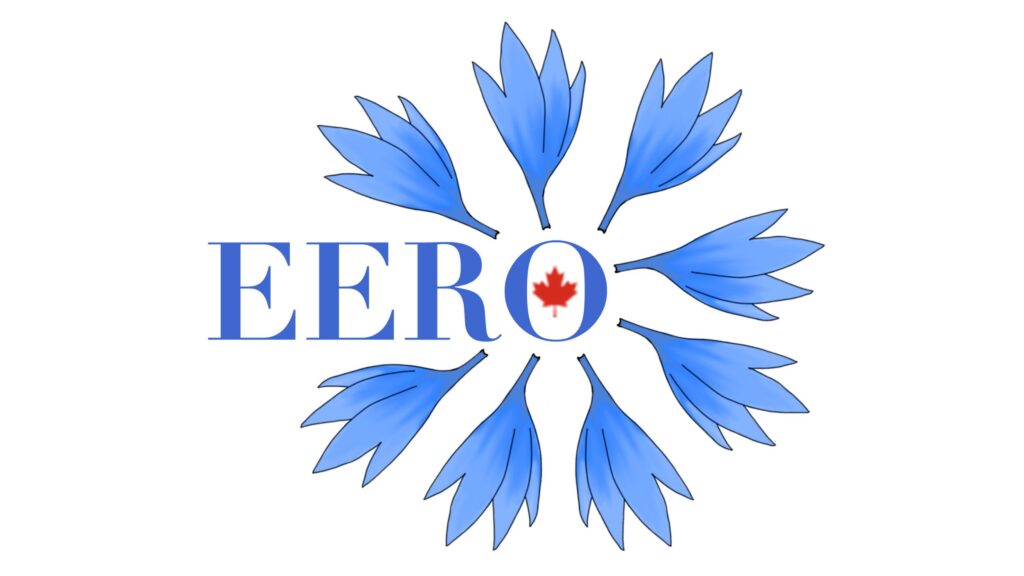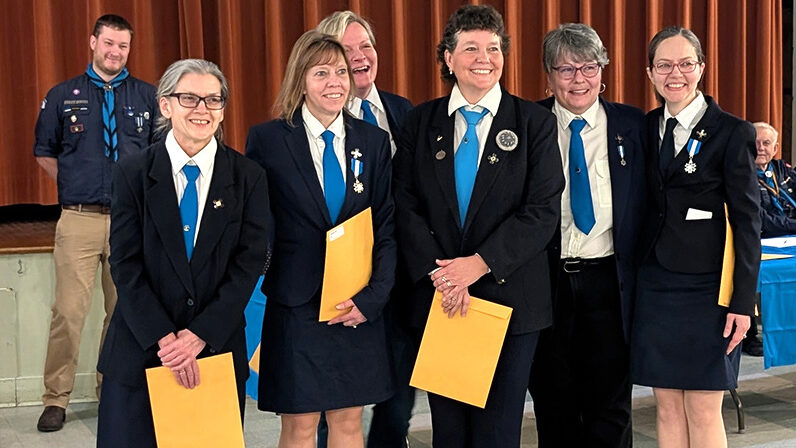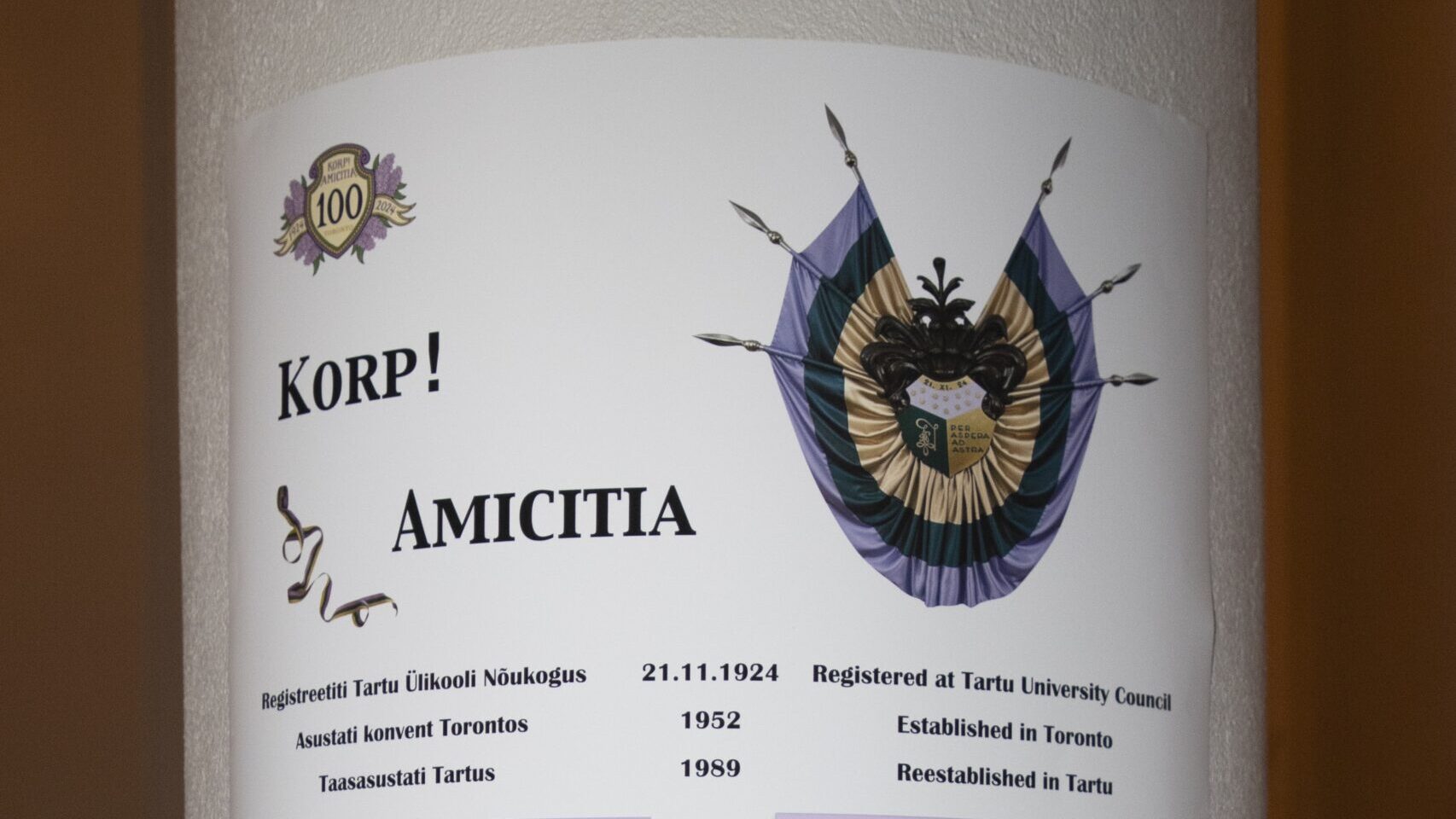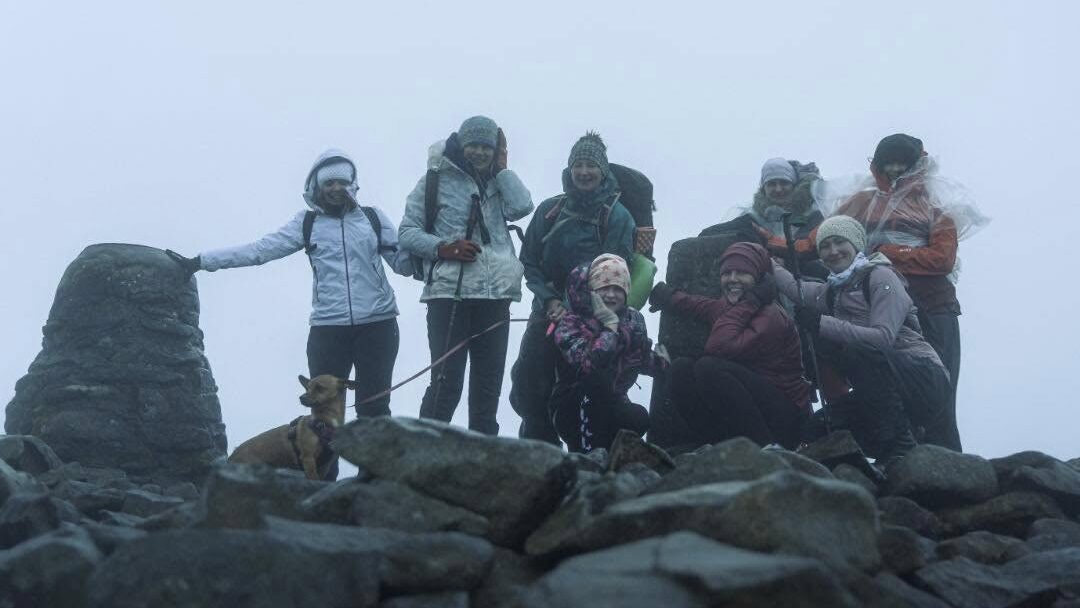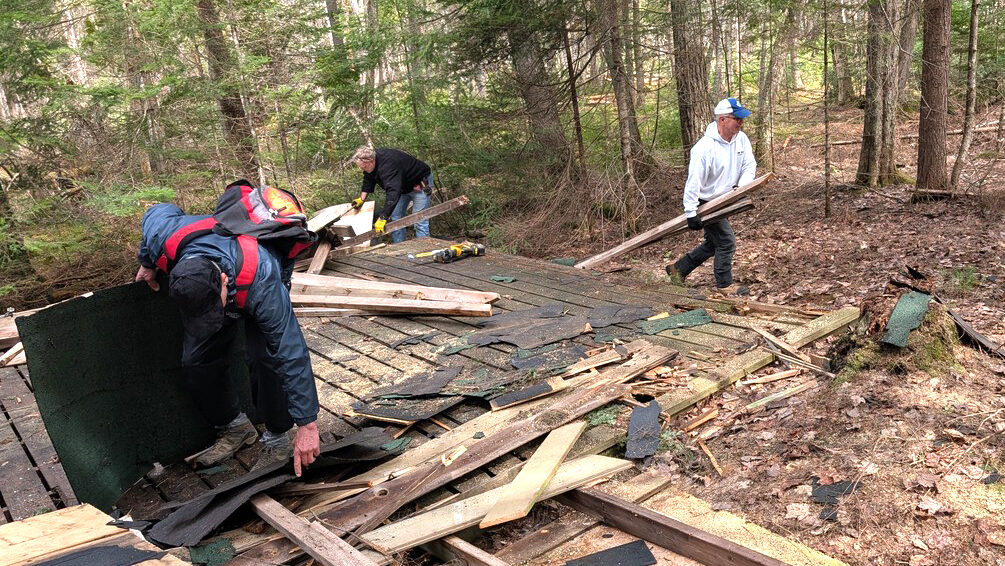Ilse Vuht Meere (born June 5, 1918) remembers:
After the fall of Tartu, everyone was afraid of the onslaught of the Russians, and people fled in panic. Father Hendrik Vuht arranged passes for his wife Anni, with their daughters Vilma and Ilse for a German ship at the port of Tallinn. Ilse by this time was married to Kirill Meere, who was called Kiira. Their three little sons were also on this German ship with Ilse, Kirill himself stayed behind, and they eventually reunited in Germany. Ilse fought hard to bring their stroller aboard the ship. The cart was later a great help in bringing home firewood from the forest.
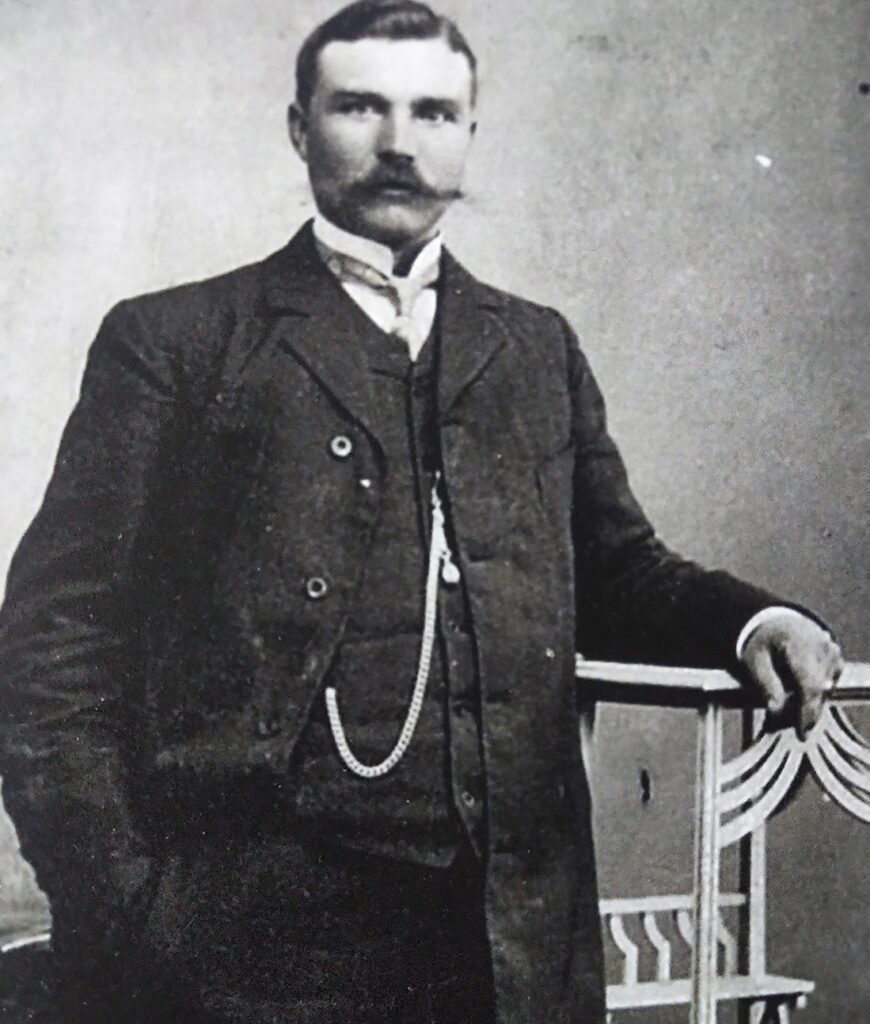
Hendrik and his acquaintances fled through Latvia by truck, while the Germans retreated. There was a great battle near Riga. The frightened driver pulled out a pistol, refused to drive further and threatened to shoot everyone. The driver was so afraid. Hendrik pulled off his coat and said, “I'd rather die here, than somewhere in Siberia.“ The matter was resolved and eventually they reached Germany. There the car was confiscated.
Ilse had a school friend in Lübeck, so the family travelled there, despite the difficulties of wartime. After the war, they lived in British army barracks, and later in houses confiscated from the Germans in Blomberg. Their food came mainly from the soup kitchen. To provide extra food for her children, Ilse sold chocolate and cigarettes from U.S. relief packages on the black market. Hendrik traded for two old horses, which he rented out for eggs, milk and other necessities. Life was hard. They were surrounded by bombarded ruins and faced constant hunger.
When the war ended, the only hope of re-establishing life was to get far away from Germany. Western countries needed strong young men to work in mining and forestry. Ilse’s husband, Kirill, signed a farm employment contract with Canada in 1947. The family joined Kirill a year later after he had earned enough money for their tickets.
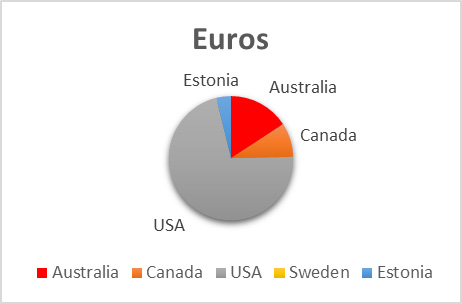
At the initiative of the ÜEKN Mass Flight Committee, a memorial will be erected along the Pärnu River in September 2024, on the 80th anniversary of the Mass Flight, to commemorate this life-changing event in our history. The memorial monument, designed by the artist Elo Liiv, will be completed with the support of donations. EERO Canada is the Canadian partner of the Pärnu project. Canada’s goal is to raise $15,000, so far the EERO Canada has received $10,270 in NBCU as of July 10th, thanks to generous donors like the Estonian Central Council in Canada. In Australia, where there are far fewer Estonians, almost twice as many donations have been collected as in Canada.
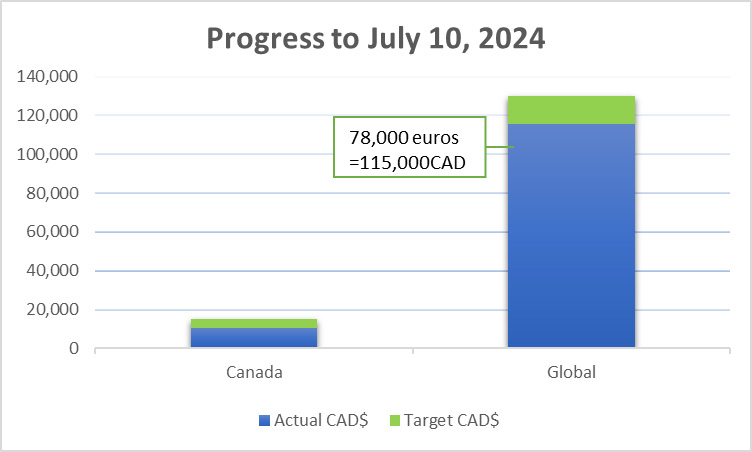
If you would like to contribute to the completion of the Mass Flight Memorial in Pärnu and donate to support the project, you can do so in Canada: EEROcanada.com or in the US: uekn.ee
Kristi Vuht Allpere, Estonian World Council, Mass Flight Project Leader
Mari Ann Tammark, EERO Canada President

